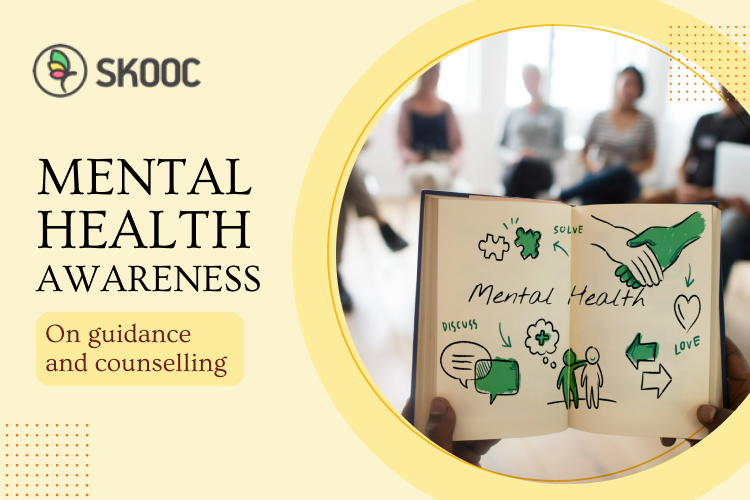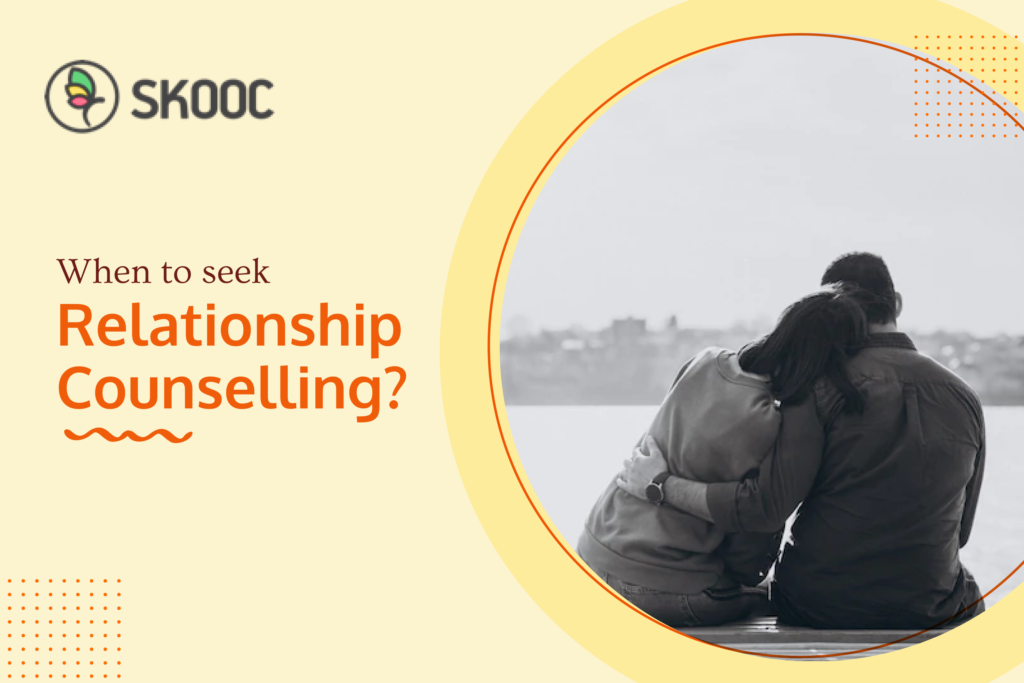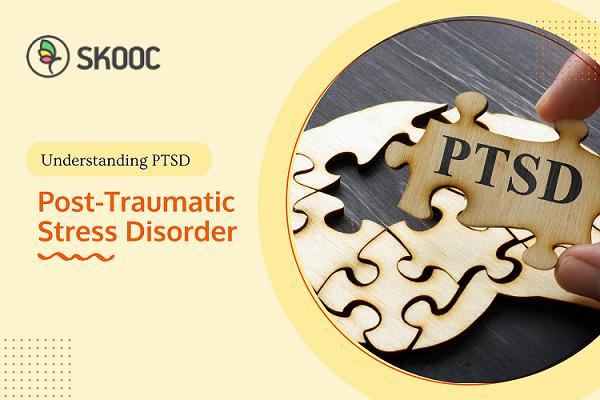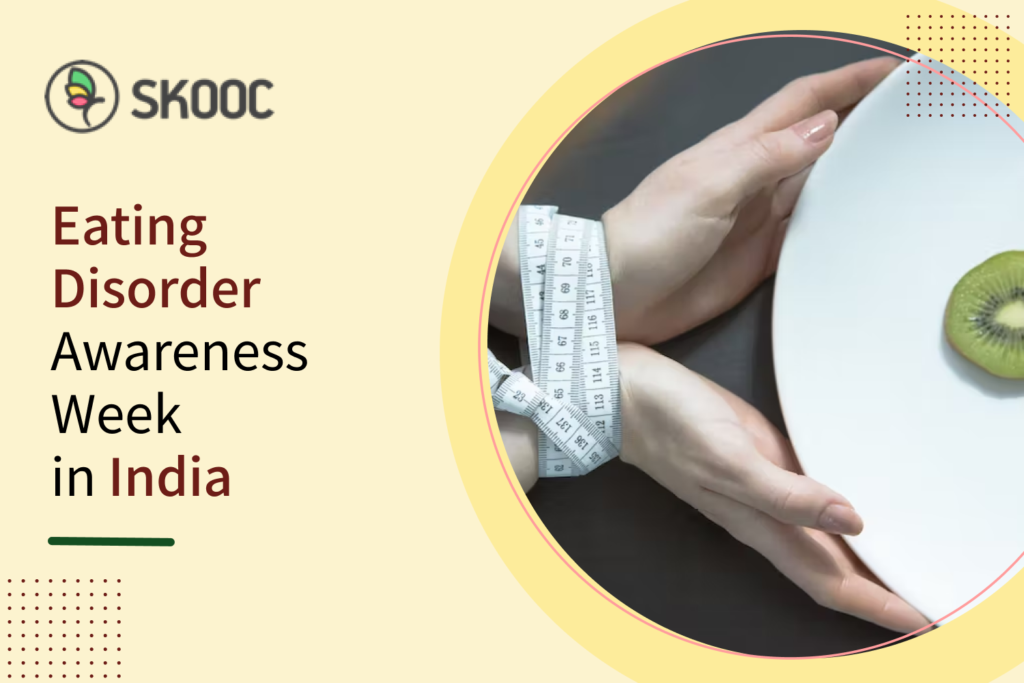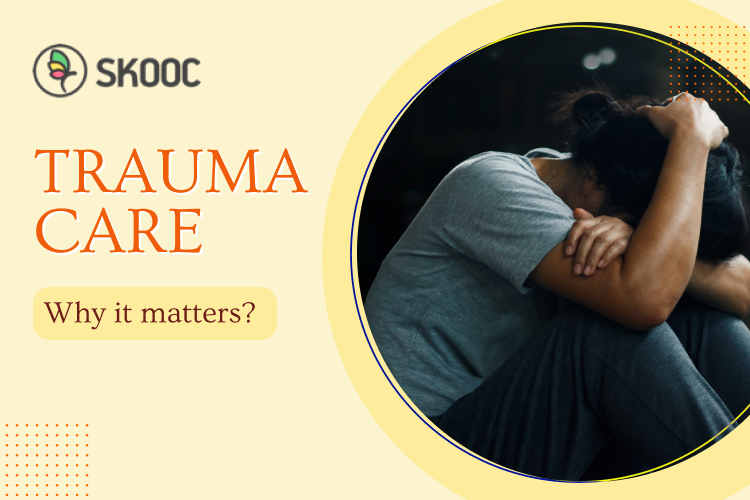
Trauma is real, it is universal and invisible. It can have an impact on every aspect of your life, but recovery is possible. Trauma-specific counselling can be extremely beneficial and is an undivided part of trauma care. 
The mind and body might get stressed by anything (even a calm incident) that makes you feel helpless, alone, or unsafe. In the long run, if the feelings aren’t dealt with, they could become crippling and result in bad decisions, addiction, and depression. Other unsavoury effects of trauma include low self-esteem, humiliation, aggressiveness, dread, anxiety, and resentment.
Your nervous system and brain can be altered by trauma, which can cause dysregulation and feelings like sorrow and anxiety. Trauma therapies are therefore concerned with calming the nervous system, integrating painful experiences, and promoting both mental and physical healing.
The “”best”” trauma care is the one that works for you there is no one-size-fits-all approach. While it can take some time to find the correct therapy, there is help available along the way.
Trauma: What Is It? What Causes Trauma?
The term “”trauma”” refers to an emotional reaction to a seriously upsetting or unpleasant occurrence in a psychological context. The occurrence could be the unexpected death of a loved one, an accident, a rape, or a natural catastrophe. The term “”trauma”” will be used in this article in a psychological sense.
A person who has experienced trauma may react in several ways. They can be experiencing intense sadness, shock, or disbelief. In addition to the immediate or short-term reaction, trauma can result in several longer-term consequences, such as emotional instability, flashbacks, impulsivity, and damaged relationships. Trauma can cause physical symptoms like headaches, fatigue, and nausea in addition to psychological ones. Different persons could experience the effects differently. These people might find it difficult to go on with their lives because of the emotional toll that the trauma has taken on them. A psychological illness known as a post-traumatic stress disorder, or PTSD, can result from such persistent trauma symptoms.
Types of Trauma
Traumas are broadly categorized into three common ones: acute, chronic, and complex.
Acute Trauma: When a single incident that caused anguish or puts you at risk is considered acute trauma. An automobile accident or a natural disaster might both be considered acute trauma. The situation is serious enough to put the person’s physical or mental safety in jeopardy. The experience leaves a deep imprint on the person. It can impact a person’s thoughts and behaviours if it is not treated by medical assistance.
Chronic trauma: involves exposure to a risky or unpleasant event repeatedly, like bullying or domestic abuse. Numerous acute trauma experiences if left untreated can develop into chronic trauma. Chronic trauma effects frequently take a long time to manifest, sometimes even years. The symptoms, which can include labile or unpredictable emotional outbursts, anxiety, excessive rage, flashbacks, weariness, bodily pains, headaches, and nausea, are extremely upsetting. These people could struggle with trust, which is why they lack steady relationships and employment. To help the person overcome the distressing symptoms, a skilled psychologist’s assistance is required.
Complex trauma: The result of repeated exposure to situations like sexual assault, torture, or extended abandonment that create extreme discomfort or dread. The effects of complex trauma on the mind are frequently profound. People who have experienced childhood abuse, neglect, spousal violence, family conflicts, and other recurrent events like civil turmoil may exhibit it. It has an impact on the person’s general health, interpersonal connections, and professional or academic performance.
Secondary or Vicarious Trauma: Medical professionals, first responders, and law enforcement are especially vulnerable to secondary or vicarious trauma since they are frequently called upon to deal with injury and mayhem. Such persons run the risk of developing compassion fatigue over time, whereby they stop caring about other people emotionally to shield themselves from suffering.
Adverse Childhood Experience (ACE): The term refers to a broad range of challenging circumstances that kids experience or witness as they grow up before they have mastered healthy coping mechanisms. The natural path of development can be disrupted by ACEs, and the emotional damage may persist well into adulthood. The most frequent sorts of adverse childhood experiences are divorce, neglect, and abuse on any level – emotional, physical, or sexual.
Why is Trauma Care important?
Trauma Care, also known as trauma-informed therapy or trauma-informed treatment, is a type of counselling that focuses on assisting clients in navigating the emotional reactions brought on by traumatic events.
Although there are many various kinds of trauma care, all of them involve mentally going over the painful event. 
A trauma counsellor who has received adequate training is not only familiar with how to assist someone in dealing with their trauma, but also with how to get them ready to do so. And a component of this procedure is giving the traumatised person coping mechanisms.
Over time, with the assistance of a counselling psychologist experienced in trauma-informed counselling, the individual will no longer feel discomfort when memories of the trauma recur, and it won’t harm their daily lives.
At Skooc, we are a mental health clinic and a trauma center in Bangalore helping children, teens and adults improve their mental health and learn healthy coping mechanisms from the best psychologist in India.
